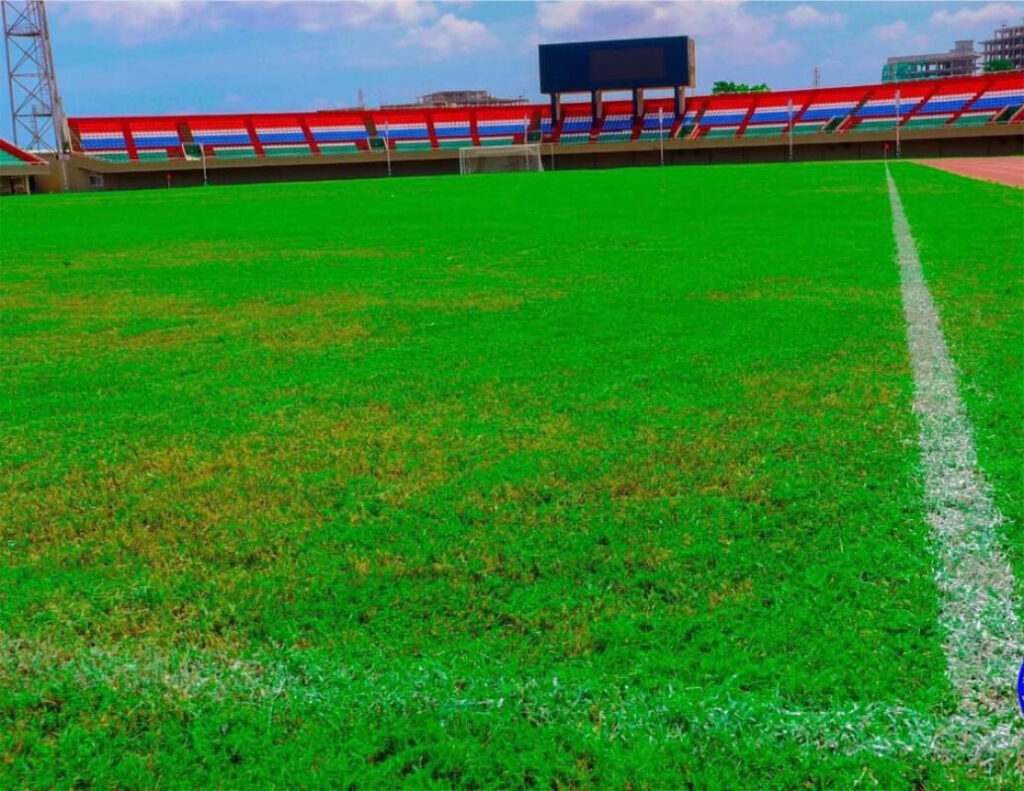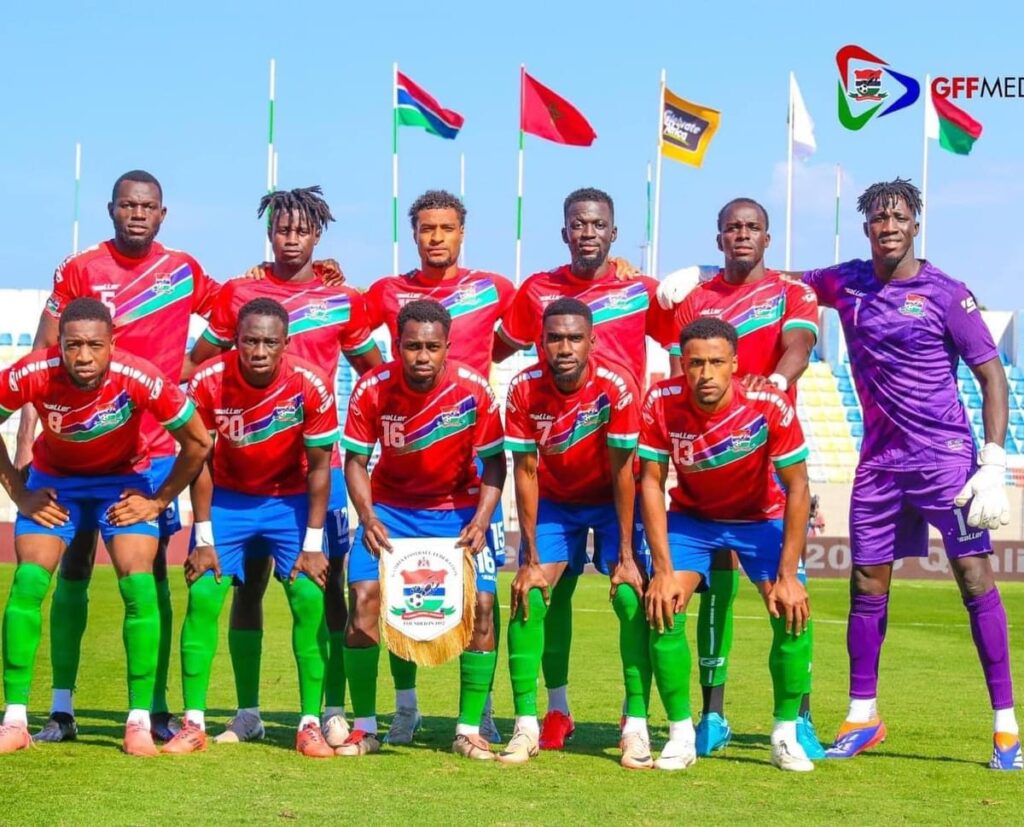
Gambian football fans are reeling from the Confederation of African Football’s (CAF) decision to ban the Independence Stadium in Banjul from hosting international matches due to its deteriorating condition.
This marks another setback for the country’s football community, which had long hoped to see the national team return to their home ground.
CAF’s ruling, issued after a recent inspection of the stadium, underscores concern over both structural safety and maintenance issues.
The stadium, a cornerstone of Gambia’s football culture for decades, has not been used for international fixtures since 2021.
Since that time, the Gambia national team has been forced to play its “home” matches in neighbouring countries, including Senegal and Morocco.
Local figures, including Ousman Janneh, a former volunteer at the stadium, have expressed deep frustration over the decision. Widely known as Coach Charles, Janneh believes the stadium’s decline is largely due to years of neglect and poor management.
“I remember volunteering when the stadium was first built,” he said.
“But over time, the grass on the pitch has deteriorated because of overuse for events that had nothing to do with football.”
The Bahama grass, commonly used in the stadium’s pitch, has been a particular point of contention.
He believes the stadium’s foundations are weakening and may need complete reconstruction rather than costly renovation. “It may be better to build a new stadium elsewhere,” he added.
Pa Badou, a respected Gambia Football Association referee, also voiced his disappointment, particularly at the impact the ban has had on the national team.

Since 2021, Gambia’s players have faced the challenge of playing away from home, leaving local fans unable to support their team in person.
Badou lamented the recent cancellation of a home match against Comoros, which was relocated abroad due to the stadium’s unfit status.
“It felt like a prank,” Badou said, referring to the misplaced excitement and subsequent letdown.
Both Janneh and Badou pointed to regional successes, notably Mauritania, which has invested heavily in modernising its football infrastructure in recent years.
“Gambia needs to learn from countries like Mauritania,” Badou remarked.
“They refused to participate in international competitions until their venues met CAF’s standards. This kind of commitment is what we need.”
In response to the CAF ruling, Gambian football fans are now calling on the Gambia Football Federation (GFF) and the government to prioritise the construction of modern sports facilities.
“We can do better,” Janneh said, adding “It’s time for Gambia to invest in a new stadium that meets international standards. Our team and our fans deserve it.”
Reporting by Adama Makasuba










Recent Comments